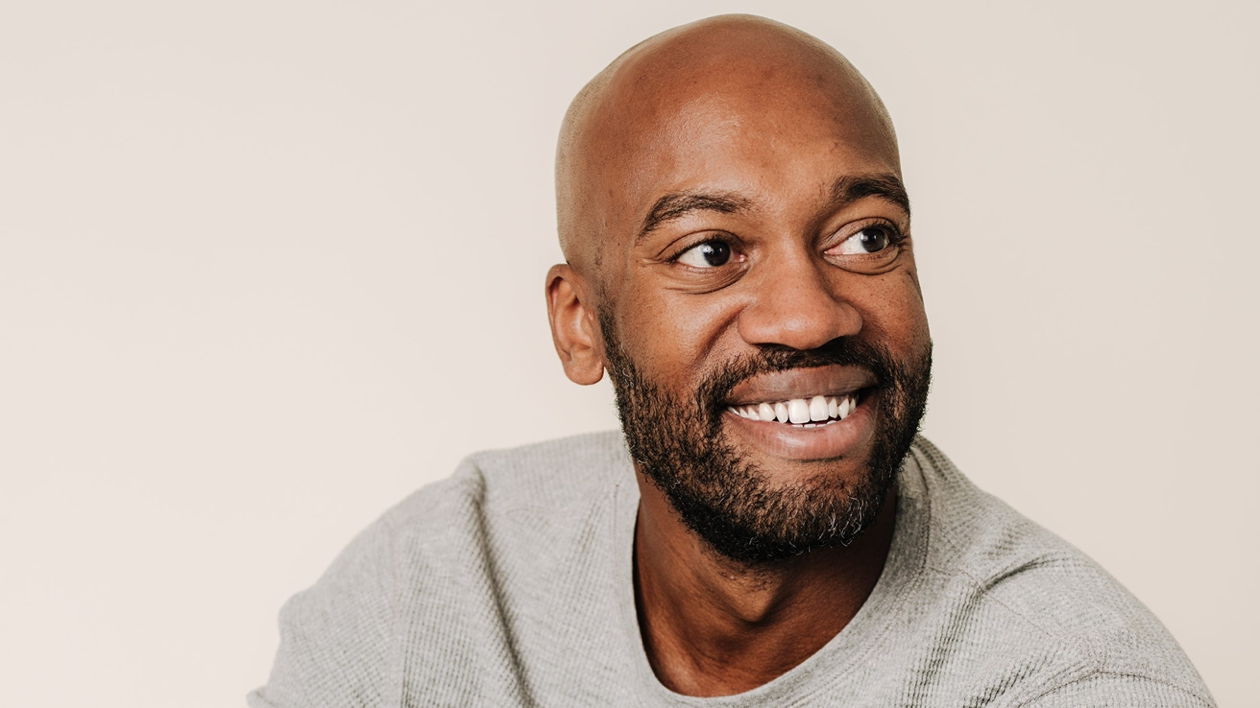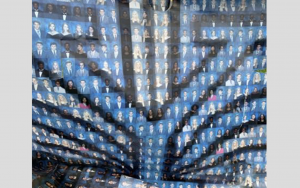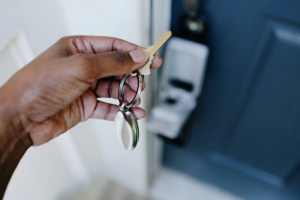NPR‘s Sam Sanders has a voice – and he knows how to use it.
Sanders hosts the media organization’s “It’s Been a Minute,” a podcast that covers culture and helps its audience make sense of the news through meaningful conversation. The broad lens allows Sanders to discuss everything from awards season to voting rights to the COVID-19 vaccine.
“I still fight the impulse for folks to label the show,” he tells USA TODAY. “The show is literally whatever we decide to (expletive) talk about this week, and I like that. And we’re going to keep that, but I think you can know that our North Star is speaking to the emotion behind what’s going on in the world.”
Sanders infuses his Twitter account with his candid comments, even if it means discussing uncomfortable truths about his employer.
‘We have to engage with our past’: MSNBC’s Trymaine Lee on ‘Into America’ podcast, our future
Sanders moved from the News division in NPR to its podcast division in 2017, he wrote on Twitter, and was shown a flowchart of NPR podcasts: Daily, Talk/Conversation, and
“Prestige.”
“Here’s the thing I’ve always remembered about that ‘Prestige’ category: it only included podcasts hosted by white people,” he continued. “That hurt. And it still does. The flow chart isn’t used anymore. I don’t even remember who showed it to me. But those things linger, especially for creators of color.”
He followed up with another Twitter thread a week later, at the end of Black History Month calling out NPR for its lack of Black hosts on the air; his colleague Brakkton Booker had announced at the time he was leaving NPR for Politico.
“And that happens after we have seen the way race affects so many of the stories that places like NPR have to cover,” he says. “And it just really pissed me off. And it’s no one person’s fault.” There are 19 on-air Black voices at NPR; six of them are men.
“We know we need to get more Black men on the air and expanding the diversity of our content divisions is a priority for us,” Isabel Lara, NPR executive director of media relations, said in a statement.
Sanders grew concerned about his own place at the organization and what message that was sending.
“I wondered by the end of February, am I part of the problem?” he says. “Is my very public visibility and my ability to talk about this stuff, be a face of the organization, does it allow a place like NPR, public radio family, to not actually address these bigger problems, these really bad numbers and these systemic issues that need to change?”
In case you missed: Alexi McCammond, Teen Vogue ‘part ways’ following backlash of editor’s past racist tweets
Sanders says the journalism industry thinks it’s better than the problems its covers because journalists shine a light on them – but issues like racism, classism, heteronormativity and queerphobia are endemic to American life.
“It doesn’t sit well with me if I’m the one Black guy or one of the few Black guys in this institution or in this industry doing well, while other folks that look like me aren’t,” he says.
Sanders also takes issue with divisions between what’s considered serious versus trivial news. His tweets about “Grey’s Anatomy” are just as earnest as his political ones, which is to say it all matters.
When he tweets critically about public media, it’s informed by the death of George Floyd. Floyd, a Black man, who died after a white police officer knelt on his neck last year, prompting renewed calls for racial justice nationwide.
When the show launched in 2017, the logo was just the show’s name. In consultation with the marketing department, the show updated it with Sanders’ face – a change that took place shortly after Floyd’s death.
It felt weird for him that a Black man was dead and this other smiling, shining Black man was in technicolor, asking you to listen to him.
“It’s not fair that he’s dead and I’m still here,” he says. He channeled this energy into the show – in order to help people.
“If I’m helping people feel less alone in this weird, strange moment, good,” he says. “If I’m helping people understand some of the complexities of our current news cycles, good. If I’m helping people have conversations around race and identity that push us forward, good.”




